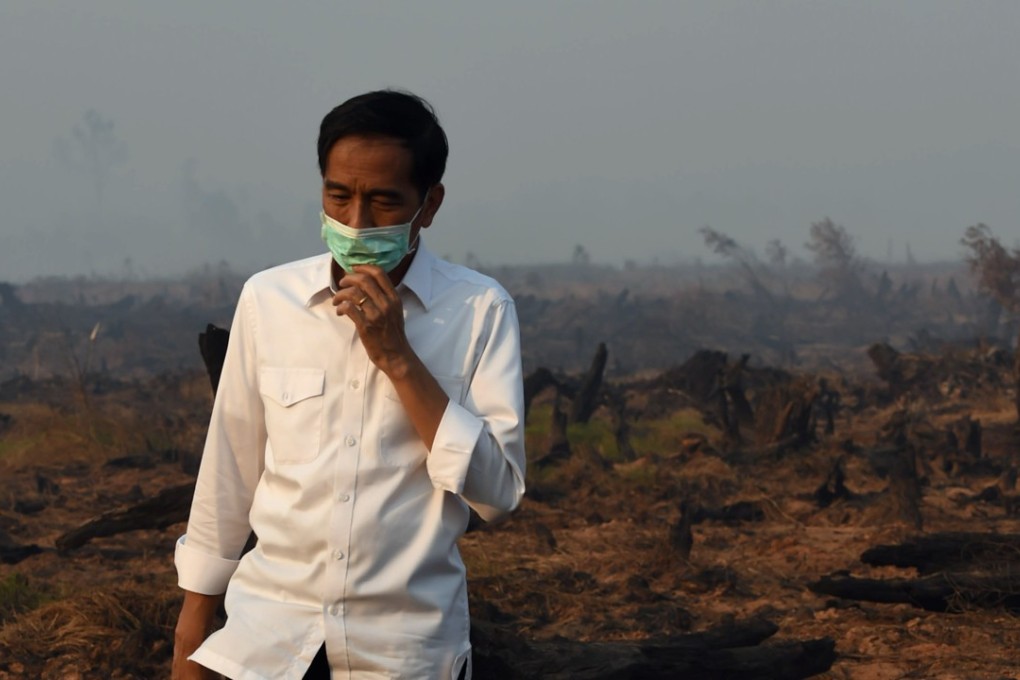A burning issue for Singapore: Indonesia readies for haze battle
Jakarta is desperate to prevent a repeat of the forest fires that caused US$16 billion of damage, kicked up more carbon dioxide than the United States, and upset neighbours including the Lion City, Malaysia and Thailand

Almost every year around this time – during the dry season – haze descends on Riau. And every year Jois Marfu’ah suffers.
Villages and some businesses across Riau, on the island of Sumatra, slash and burn shrub land to make way for crops. The flames belch out a toxic mess that is dangerous to breathe. Ear, nose and throat infections are common. Day becomes night as visibility drops to 50 metres or so, Jois says. Schools close. Trips to see relatives – already arduous on Indonesia’s woeful roads – become torture. And all this goes on for months.
“I want to cry,” says Marfu’ah, 30. “It’s so uncomfortable and scary.”
Two years after fires laid waste to 2 million hectares of land – causing US$16 billion in damage and fraying relations with neighbours Singapore, Malaysia and Thailand, which were blanketed in haze – Indonesia is desperate to avoid a rerun.
WATCH: Thick haze blankets Indonesia
President Joko Widodo has banned new plantations on fire-prone peat land and bullied police and the military to lift their game. Police chiefs face demotion if fires break out on their patch. A new agency has been created to restore burned-out swathes and Widodo has promised more resources to fight fires.